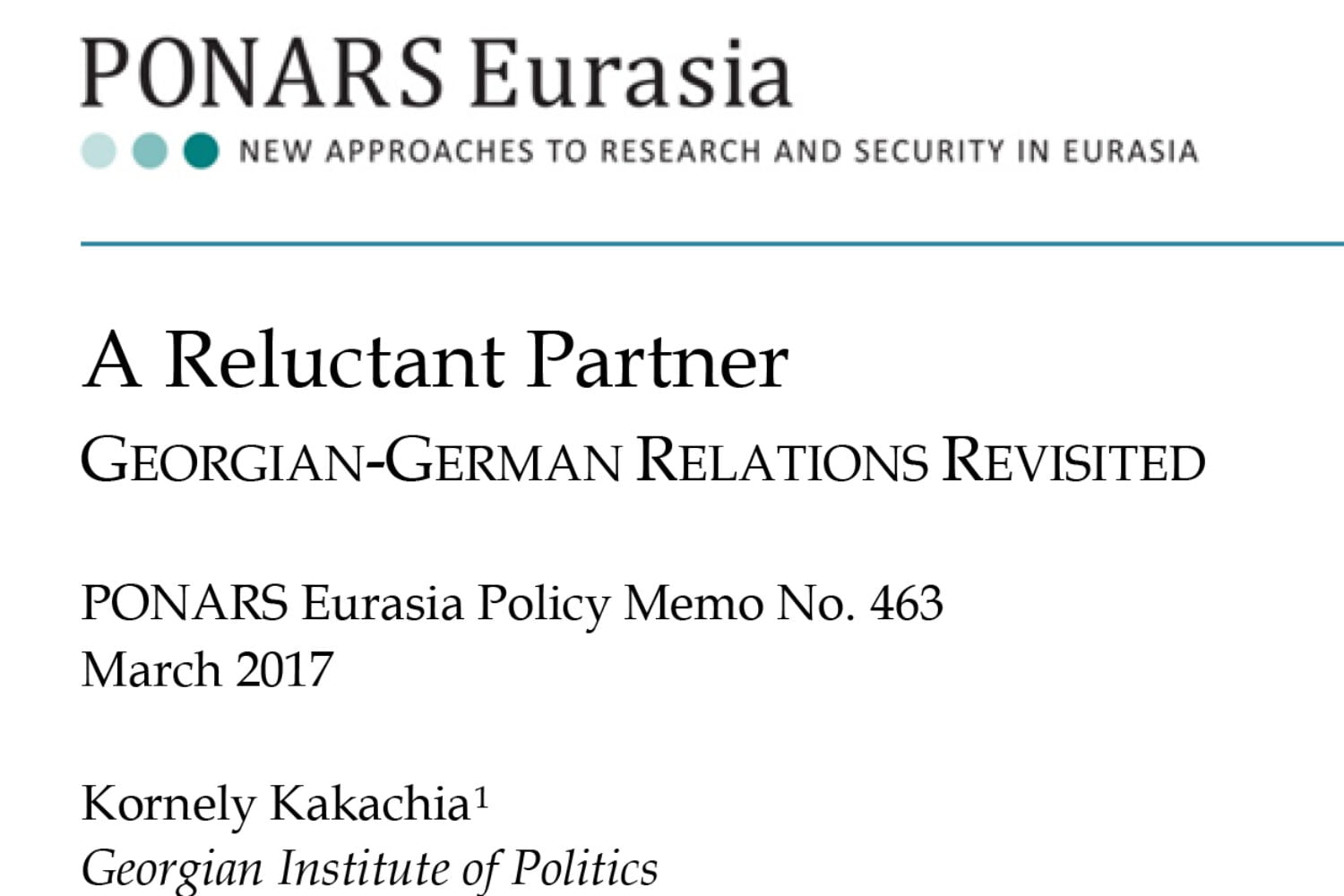2017-03-12 23:24:33
For Georgia, the enacting of an Association Agreement with the EU in the summer of 2016 was a pivotal moment in cementing its strategic bonds with Europe.The agreement, which lowers trade barriers and promotes democratic reforms, undeniably marks an important course for Georgia’s foreign and security policies. However, even as officials in Tbilisi talk about the irreversible nature of Georgia’s Europeanization, Georgia-skepticism exists among some EU member states, stalling Georgia’s Euro-Atlantic integration and moderating its European ambitions. Rather than pinning the blame for this on the Europeans, Georgia should acknowledge it did not work hard enough on building ties over the past decade with European partners that same way it did with the United States. While close relations with Washington are essential, Tbilisi needs to be proactive with specific EU member states to help them overcome any lingering reservations. Specifically, Georgia must consolidate its links with Germany, the country that has the most persuasive powers in European affairs.



